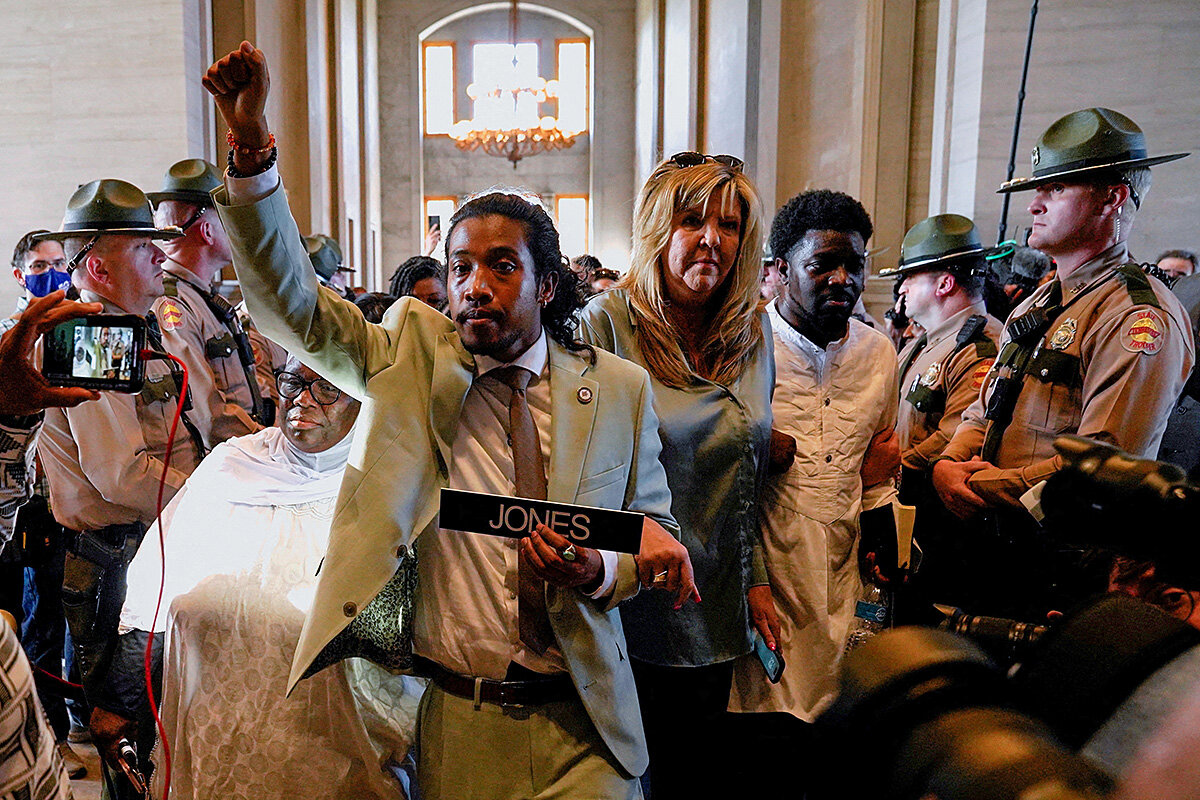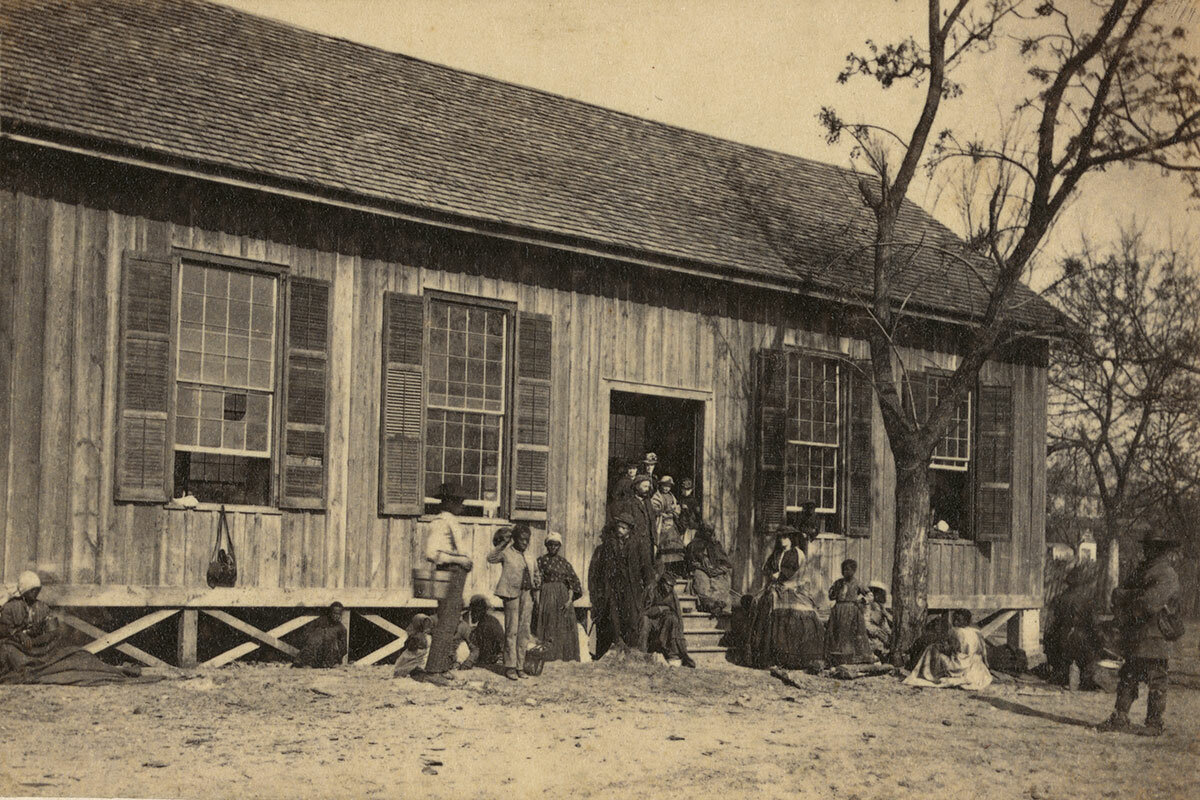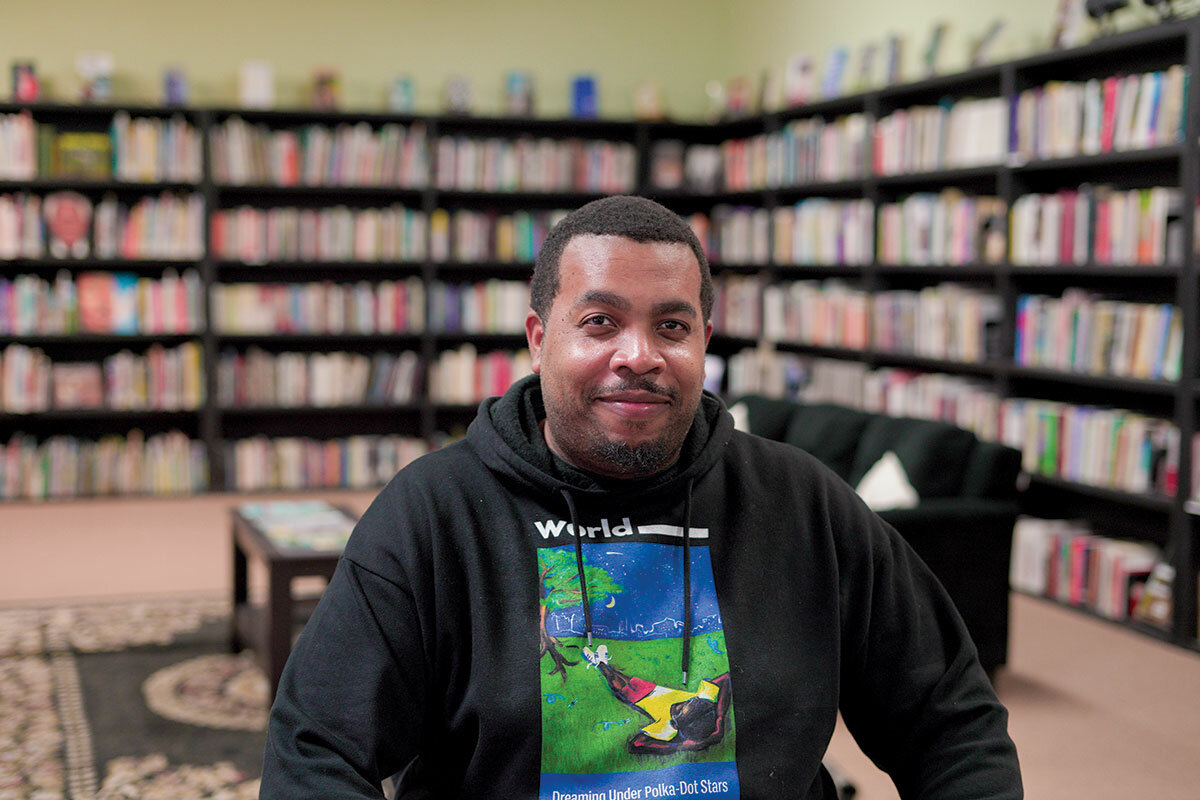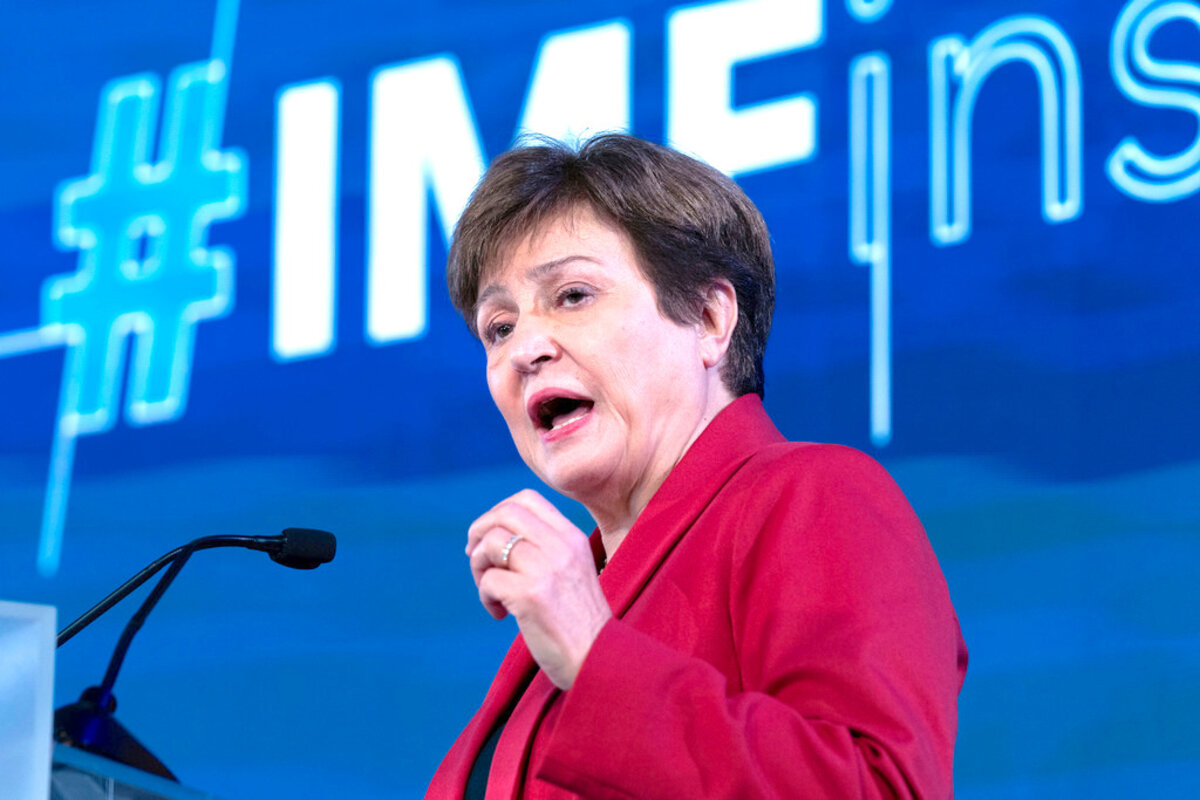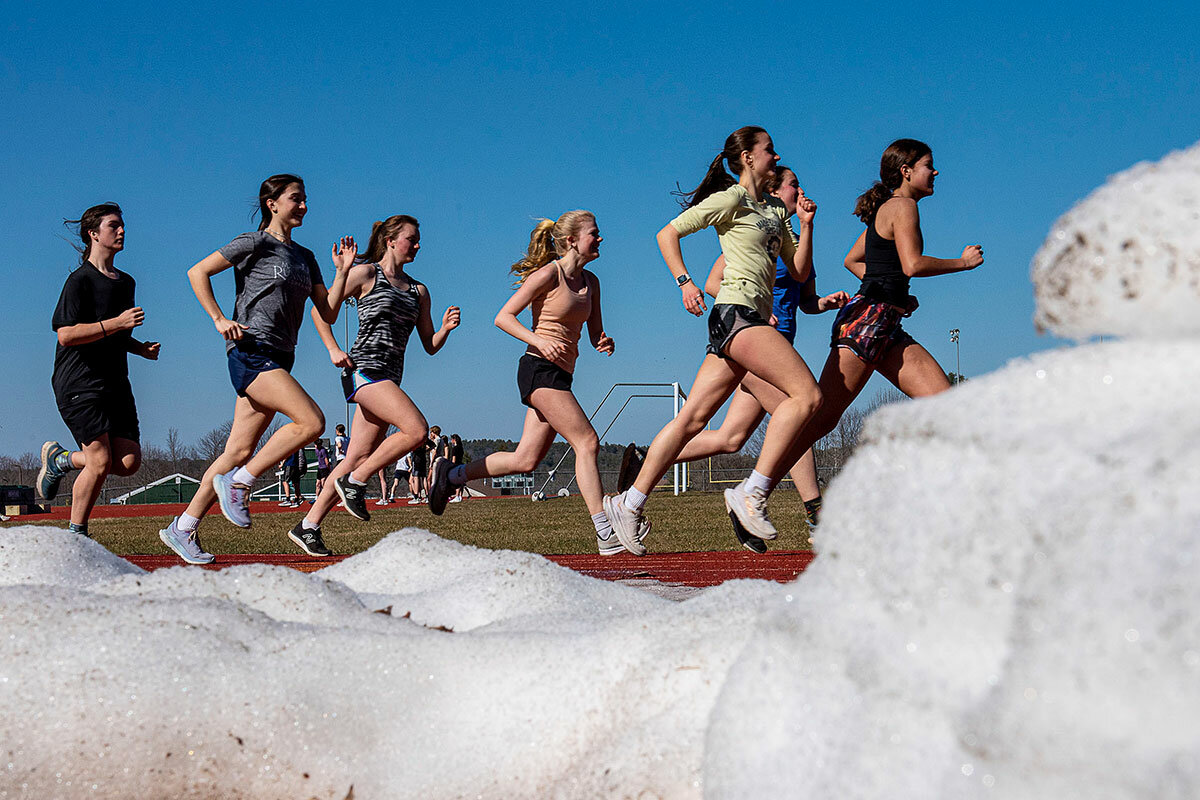Protests in Nashville this week echo an earlier era of Black Americans speaking out. What began as a call for action on gun violence has broadened – and drawn national attention.
Monitor Daily Podcast
- Follow us:
 Stephen Humphries
Stephen Humphries
When San Francisco city officials tried to clamp down on a Little Free Library, a community rallied to defend the book repository.
The city recently informed Susan and Joe Meyers that their Little Free Library required a $1,402 “Minor Sidewalk Encroachment Permit,” reports . The couple’s book box has been a fixture of the Lower Pacific Heights neighborhood for a decade. With the support of neighbors, the Meyerses protested the edict.
“[Ms. Meyers] is looking to help future Little Free Library stewards who want to put up a Little Free Library lending box, but might be scared to, or nervous to, because of the fines that could be incurred,” says Margret Aldrich, director of communications for Little Free Library, a nonprofit organization.
Since 2009, more than 150,000 Little Free Libraries have sprung up in 120 countries – most recently in Afghanistan. The concept behind them is simple: Take a free book, but, in turn, replace it with another. The miniature libraries typically abut sidewalks. They range from birdhouse-size cabinets, to decommissioned British phone booths, to a hollowed-out cottonwood tree in Idaho that is big enough to walk into. The number of new Little Free Libraries surged during the pandemic.
“Folks were looking for a way to connect with their neighbors,” says Ms. Aldrich in a phone call. “It’s kind of showing that we’re all in this together, even when we have to be apart.”
Some neighbors have also banded together to distribute books that their local libraries have boycotted. Last year, HarperCollins dispatched 1,000 banned books to Little Free Libraries.
Following an outcry about the costly permit for the Meyerses’ dollhouselike bookcase, several San Francisco city agencies promised to revise rules that impact Little Free Libraries.
Although some U.S. cities cracked down on the boxes when they started popping up, that’s rarer now. Observes Ms. Aldrich, “Enough people know what the concept is and the positive outcomes that can happen in a community because of the Little Free Library.”






